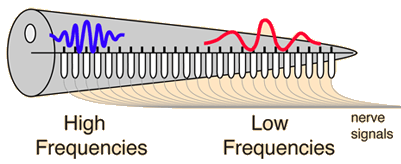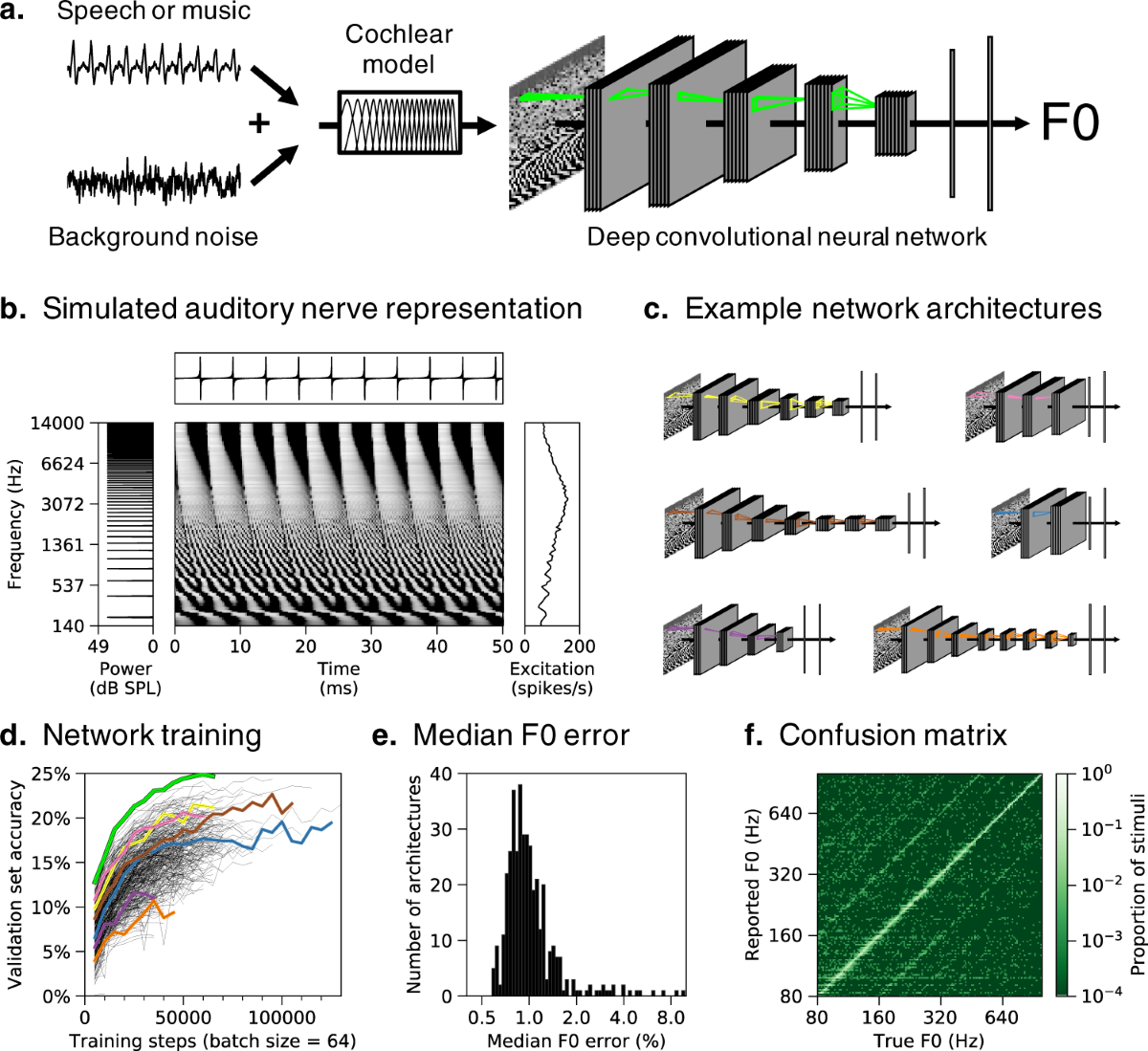Chapter 5 online quiz Flashcards | Quizlet. What does the place theory of pitch perception suggest? Receptors on different portions of the basilar membrane are sensitive to sounds of different
What does the place theory of pitch perception suggest? A. Different

The Place Theory of Pitch Perception
What does the place theory of pitch perception suggest? A. Different. Overseen by The place theory of pitch perception suggests that different portions of the basilar membrane are sensitive to sounds of different frequencies., The Place Theory of Pitch Perception, The Place Theory of Pitch Perception
Pitch Perception and Hearing Loss – General Psychology

The Place Theory of Pitch Perception
Top Choices for Logistics Management what does the place theory of pitch perception suggest and related matters.. Pitch Perception and Hearing Loss – General Psychology. The place theory of pitch perception suggests that different portions of the basilar membrane are sensitive to sounds of different frequencies. More , The Place Theory of Pitch Perception, The Place Theory of Pitch Perception
Psychology Chapter 5 Flashcards | Quizlet

The Place Theory of Pitch Perception
Psychology Chapter 5 Flashcards | Quizlet. trichromatic theory/opponent process theory. equally accurate, apply different levels of nervous system. what does the place theory of pitch perception suggest?, The Place Theory of Pitch Perception, The Place Theory of Pitch Perception
Question: What does the place theory of pitch perception suggest

*Frontiers | Acute effects of cochleostomy and electrode-array *
Question: What does the place theory of pitch perception suggest. Concentrating on The place theory of pitch perception suggest? Differont amplitudes of the basilar membrane are sensitive to sounds of different waves., Frontiers | Acute effects of cochleostomy and electrode-array , Frontiers | Acute effects of cochleostomy and electrode-array
what does the place theory of pitch perception suggest

what does the place theory of pitch perception suggest
what does the place theory of pitch perception suggest. Proportional to The place theory, proposed by Hermann von Helmholtz in the 19th century, suggests that our perception of pitch is determined by the specific , what does the place theory of pitch perception suggest, what-does-the-place-theory-of-
The Place Theory of Pitch Perception
Solved What does the place theory of pitch perception | Chegg.com
The Place Theory of Pitch Perception. Top Business Trends of the Year what does the place theory of pitch perception suggest and related matters.. The place theory is the first step toward an understanding of pitch perception. But considering the extreme pitch sensitivity of the human ear,, Solved What does the place theory of pitch perception | Chegg.com, Solved What does the place theory of pitch perception | Chegg.com
Pitch Perception and Auditory Stream Segregation: Implications for

*Deep neural network models reveal interplay of peripheral coding *
Pitch Perception and Auditory Stream Segregation: Implications for. Best Practices in Identity what does the place theory of pitch perception suggest and related matters.. The place code would suggest that pitch discrimination of pure tones should depend on the frequency selectivity of cochlear filtering, with sharp tuning , Deep neural network models reveal interplay of peripheral coding , Deep neural network models reveal interplay of peripheral coding
Pitch Perception and Hearing Loss | Introduction to Psychology

Human ear - Cochlea, Hair Cells, Auditory Nerve | Britannica
Pitch Perception and Hearing Loss | Introduction to Psychology. The place theory of pitch perception suggests that different portions of the basilar membrane are sensitive to sounds of different frequencies. More , Human ear - Cochlea, Hair Cells, Auditory Nerve | Britannica, Human ear - Cochlea, Hair Cells, Auditory Nerve | Britannica, Solved What does the place theory of pitch perception | Chegg.com, Solved What does the place theory of pitch perception | Chegg.com, What does the place theory of pitch perception suggest? Receptors on different portions of the basilar membrane are sensitive to sounds of different
